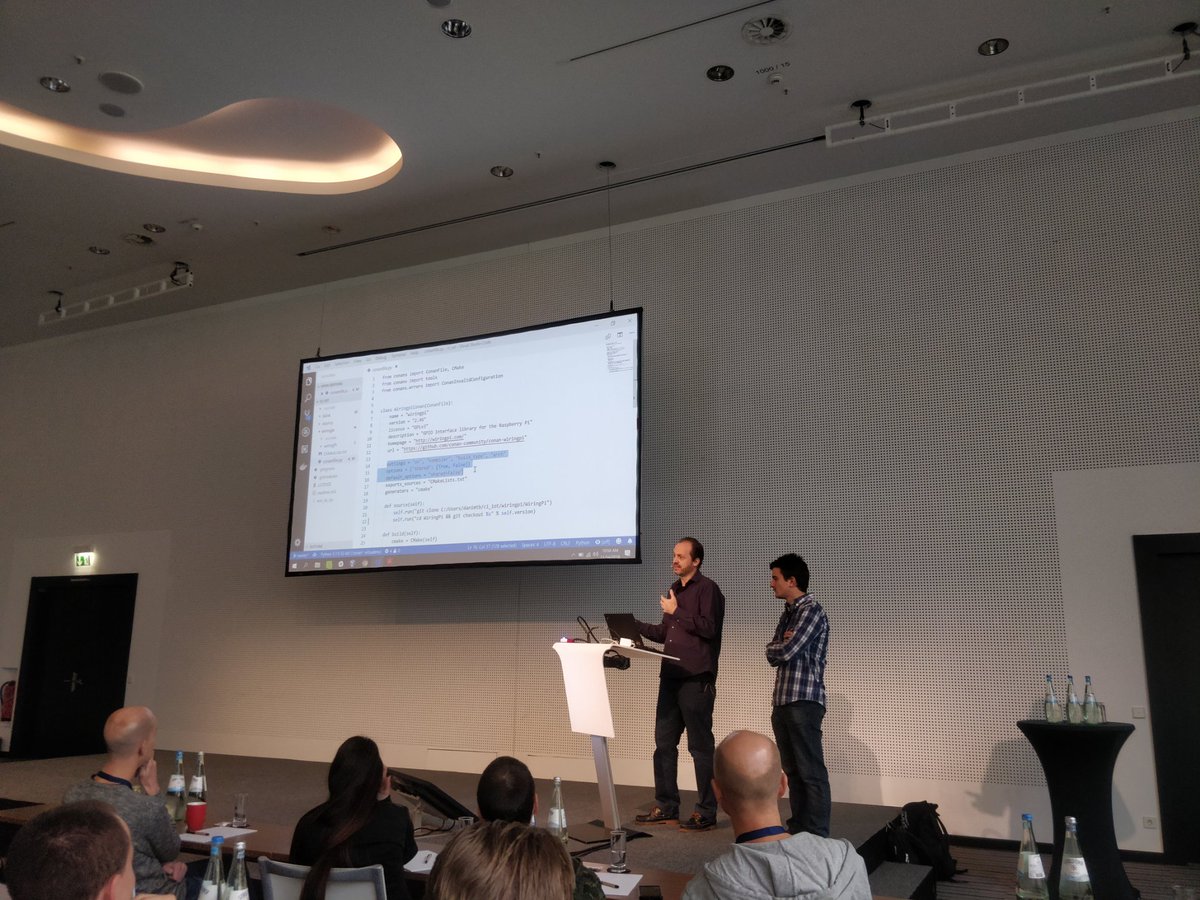CppCast Episode 177: BDD, TDD, Low Latency and CppCon with Lenny Maiorani
Episode 177 of CppCast the first podcast for C++ developers by C++ developers. In this episode Rob and Jason are joined by Lenny Maiorani to discuss TDD, BDD, Low Latency and CppCon moving to Denver.
CppCast Episode 177: BDD, TDD, Low Latency and CppCon with Lenny Maiorani
by Rob Irving and Jason Turner
About the interviewee:
Lenny has been using C++ off and on since 1995. Since graduating from SUNY Plattsburgh with a degree in Computer Science, he has been working at startups focused on high-throughput applications. About 2 years ago he joined Quantlab and discovered a different type of high-performance computing in low latency systems. Lenny lives in Denver, Colorado with his wife Lexey and their dog. He can be found hiking in the Colorado mountains while thinking about container access patterns and wondering if std::map can be renamed to std::ordered_map.

 More C++ and the cloud:
More C++ and the cloud: Were you there?
Were you there?